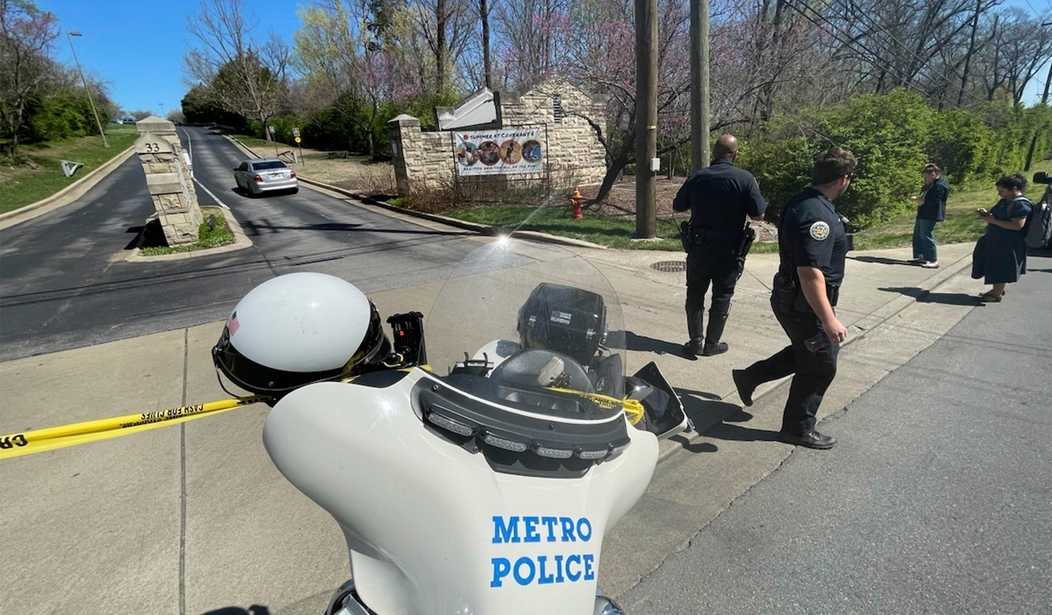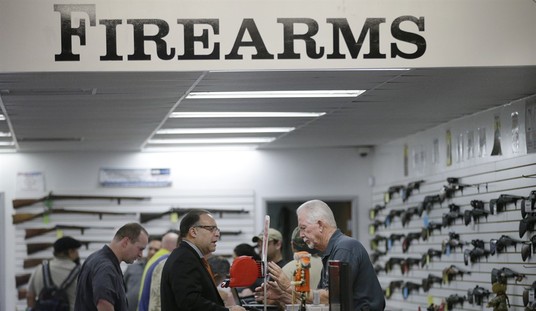After the shooting at Nashville’s Covenant School earlier this year, Tennessee lawmakers approved $140-million in new funding meant to place a school resource officer on every public school campus across the state. But police officials in Nashville itself say the city’s public elementary schools will still be unprotected by SROs when kids return to class later this year; not because of lack of funding, but because of a continued shortage of officers themselves.
According to the Tennessean newspaper, Nashville police do have a presence in all middle and high schools in the city, though about half of the 60 positions are currently vacant. Officials say it would take another 70 officers to staff SRO positions in every elementary school, and despite the availability of grant money to fund SRO’s at $75,000 per year, the department is stretched too thin to take advantage of the grants.
“Based on conversations with Chief Drake, the MNPD does not currently have the staffing capacity to expand the SRO program to elementary schools this year,” MNPS spokesman Sean Braisted told The Tennessean in an email, “but we will continue to work closely with Chief Drake and the MNPD on options going forward in determining what works best for our students and addresses concerns from parents.”
Instead, the district will continue the school safety initiative implemented after the mass school shooting in Uvalde, Texas last year, placing volunteer overtime officers at “a number of elementary school campuses several hours each day.”
The district also hopes to be able to staff part-time unarmed Safety Ambassadors at each elementary, who carry police frequency radios and are trained to “address armed intruders and behavioral issues.” As of May, most of the Safety Ambassador positions were vacant.
MNPS has also used $4 million in city funds toward fencing and lighting improvements, additional security cameras and security vestibules.
“Precinct commanders, when school goes back into session, will be directing their officers to provide an extra patrol presence around elementary schools,” Aaron said. “Any call for service from an elementary school will receive top priority.”
That’s better than nothing, I suppose, but it’s still a long way from where the city needs to be in order to ensure an immediate response if someone comes on campus with murder on their mind and evil in their hearts.
But is staffing the only reason the Nashville police won’t create new SRO positions for elementary schools? Maybe not. The Tennessean notes that Nashville Public Schools Director Adrienne Battle and several school board members have criticized the idea, claiming that cops on campus creates more problems than they solve, and some educators are wondering why the police department isn’t moving forward with creating the positions on paper, even if it doesn’t have the manpower to staff every school in the district.
JC Bowman, executive director of Professional Educators of Tennessee, the state’s largest teacher’s organization, says he hopes officials will reconsider the decision to forego the new funding, saying that even if officers are not currently available to fill the positions, the positions should – at the very least – be created.
“There is nothing more crucial than the safety of students and those who serve in our schools. It is misguided and dangerous not to apply for funding that could help protect students and school employees,” Bowman told The Tennessean. “The MNPS School Board and Administration will bear the responsibility if something tragically happens.”
How much pressure is the Nashville PD receiving from the school board to keep SRO’s out of elementary schools, and is their decision to not apply for millions of dollars in grant money based on a lack of personnel or the local politics? Either way, campuses in the city aren’t going to be as safe and secure as they could be when kids return to class, and that’s an issue that probably won’t be addressed during Gov. Bill Lee’s special session on a “red flag” law expected to take place next month.









Join the conversation as a VIP Member